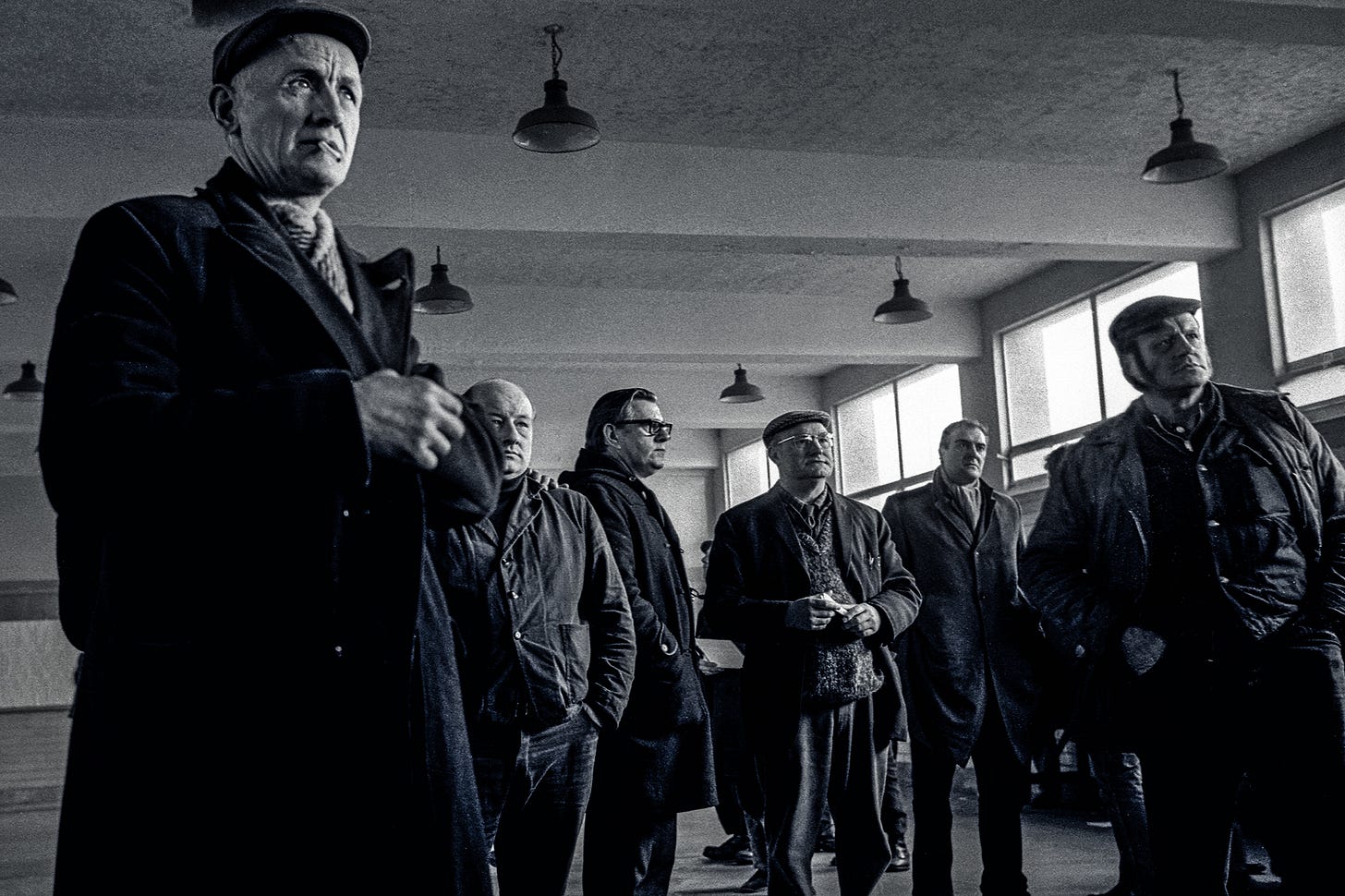INTRODUCTION
Yesterday I spoke with three young women who asked me if I could explain why it is that so many people attempt to defend the indefensible failing neoliberal capitalist system. An implication of the question is what can artists and others concerned with the wellbeing of communities do to encourage effective changes.
I tried (poorly) to answer what is a very complex question by speaking about the relationship between the rise of Neoliberal ideas in reaction to totalitarian governments which had taken control of both the state and the economies of Russia, Italy, Germany and others; how those ideas were corrupted in the University of Chicago’s School of Economics and further by the new adherents falling under the spell of the reactionary, Ayn Rand, and how these reactionary adherents of Neoliberalism entered the great US and UK government bureaucracies and eventually convinced Reagan and Thatcher to pursue neoliberal policies.
My explanation became complicated in explaining how they realised to do as they intended, which was to close down and export heavy industry to underdeveloped non-union totalitarian countries thus destroying homegrown unions, reducing wages while increasing their profits, destroying the class base of the Democratic party in the US and the Labour party in the UK, reducing the size of the post World War Two welfare states while selling off the jewels of the state to their friends in private enterprise (creating a socialism of the rich) as they reinvest their increasing profits in the financial markets.
The new Neoliberal establishment recognised that to convince the people to accept these changes they would have to change the beliefs and goals of the American and then the British people. The mechanism of this cultural change is in part laid out below, in what I hope is a clearer description of the relationship between the nature of production and the nature of art.

The nature of the superstructure
is a consequence of the nature of the substructure
which generates and supports it.
Put another way,
what we are, how we think, what we imagine (culture)
is a consequence of the nature of its underlying production.
When the nature of production changes from,
say an agrarian to an industrial economy,
people begin to work in larger groups;
they begin to become aware of the need to defend each other
against the excesses of the employers and the authorities.
A new working class soon forms
and with it a new consciousness of the need for social solidarity.
Trade unions naturally develop
as an organizational expression of worker’s collective aspirations
for better wages and condition,
for fairness and for having a voice in their new complex society.

The ownership class,
who will have gained financial wealth
and power over what was once
a state controlled by the large landlords,
will also develop a new consciousness.
They formulate legal ways to destroy the unions,
undisclosed methods to take greater ownership of the common goods
as water, air, minerals, transport
and then food, housing, education and medical care.
As a consequence of the sub-structural changes in the nature of production
the superstructure changes with it.
Artists live within these changes and are affected by them.
Thus, their art will reflect either the needs of the new Establishment
or the aspirations of the oppressed.
For artists who choose to align with the Establishment,
the nature of their art, its form and content
will be an expression of an outdated aesthetic –
which by its nature supports oppression.
For artists who choose to align with the oppressed,
the nature of their art, the form and content
will be an expression of a new aesthetic –
an aesthetic which, by its very nature,
manifests change.




Thank you, Robert. So helpful.
Where do you place artists 'discovered', adopted and annointed by the establishment, whose work can be either 'outdated' or 'modern' but which enters the 'art market' reaching the commodity status and prices of work considered 'classic'? Mmm. Perhaps the quotation marks hint at the answer. Soul is of no importance. Only the ability to create money.
absolutely Robert